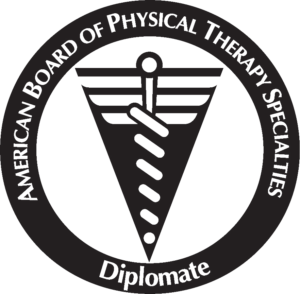We often see patients with anal pain, irritation, and itching. Many times, they will have…
Toileting Technique
There has been a lot of talk about bathrooms lately. While we don’t want to delve into politics, we DO want to inform you about how to have a proper bowel movement!
Did you know that in other parts of the world including Asia, the Middle East and parts of Europe they squat to have a bowel movement? Why do they do this?
How should you have a bowel movement? Is it normal to strain or push with a bowel movement? And is it normal to have pain?
Here are some key points to having a bowel movement:
To squat or not to squat? SQUAT! Position is everything. Squatting places your rectum at an ideal position to allow for ease of having a bowel movement. You do not need to be in a full squat, but you need your knees to be above your hips to get maximal benefit. You can purchase a Squatty Potty or you can use a small stool, old phone book or box in your house, depending on the height of your toilet. You should be in a comfortable position, allowing your arms to rest on your thighs.
Don’t strain: Straining causes more pressure and tension on the pelvic floor. Straining can put you at risk for hemorrhoids, pelvic floor dysfunction and prolapse. Instead of straining, take big breaths, allowing the abdomen to fill while relaxing your rectum. Do not push or strain.
Does the time of day matter? Typically people have a bowel movement a half hour or an hour after breakfast or a meal. The reason for this is that the body uses the gastrocolic reflex, a stimulation of “bowel motion that occurs with eating to help produce a bowel movement.” 1
Take your time: Give yourself time in the bathroom. Most of us know that when we rush, are in a public place or are stressed it is difficult to have a bowel movement. After you have had a meal, give yourself some time to sit, relax and have a bowel movement.
Routine is key: Our colon loves routine. It enjoys consistency in our food intake, sleep and day. Our bodies like knowing when we will be fed and also enjoy getting enough rest to stimulate our relaxation (also known as parasympathetic nervous system). Remember that eating consistently, getting enough rest and taking the same time each day to have a bowel movement is very important!
– Kristin Anderson, PT, DPT
This blog is here for your help. It is the opinion of a Licensed Physical Therapist. If you experience the symptoms addressed you should seek the help of a medical professional who can diagnose and develop a treatment plan that is individualized for you. If you enjoyed this blog, check out our website at foundationalconcepts.net for more blog entries and to learn more about our specialty PT practice, Foundational Concepts. Follow us on Twitter @Foundational1 and like us on Facebook/Foundational Concepts for updates.
1. From the University of Washington Department of Urogynecology




